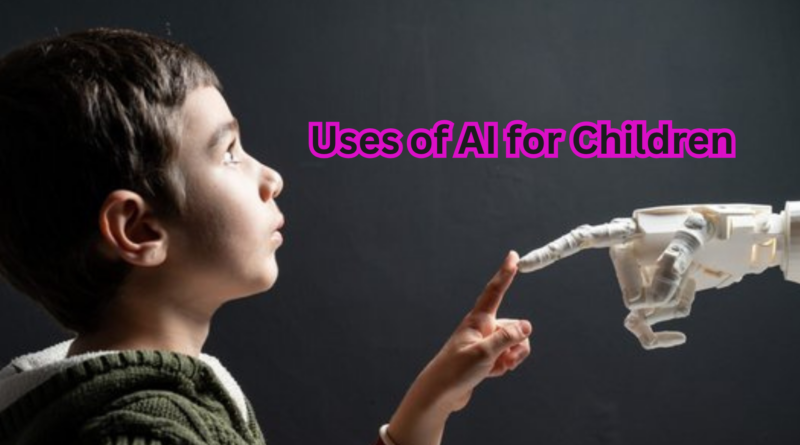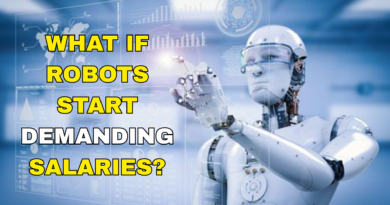Uses of AI for Children
Artificial Intelligence (AI) is transforming how children learn and grow by making education more interactive and personalized. AI-powered learning platforms like adaptive tutoring systems can analyze a child’s performance and tailor lessons to their learning pace and style. For example, apps like Duolingo and BYJU’S use AI to adjust language lessons based on student progress, helping children understand difficult concepts more effectively while keeping them engaged.
Beyond education, AI also supports children with special needs. Tools like speech recognition and text-to-speech assistive technology help children with dyslexia, autism, or vision impairments to communicate and learn independently. AI can detect patterns in behavior and provide early interventions, which is especially valuable for diagnosing developmental issues early on. This makes learning more inclusive and accessible to all children, regardless of their abilities.
Additionally, AI enhances entertainment and creativity for kids through interactive games, storytelling apps, and smart toys. For instance, robots like Cozmo and AI-powered dolls can talk, play games, and even teach basic coding skills. These tools not only entertain but also encourage critical thinking, creativity, and problem-solving skills in a fun and safe environment. With proper guidance, AI can be a powerful ally in shaping the next generation’s minds.




